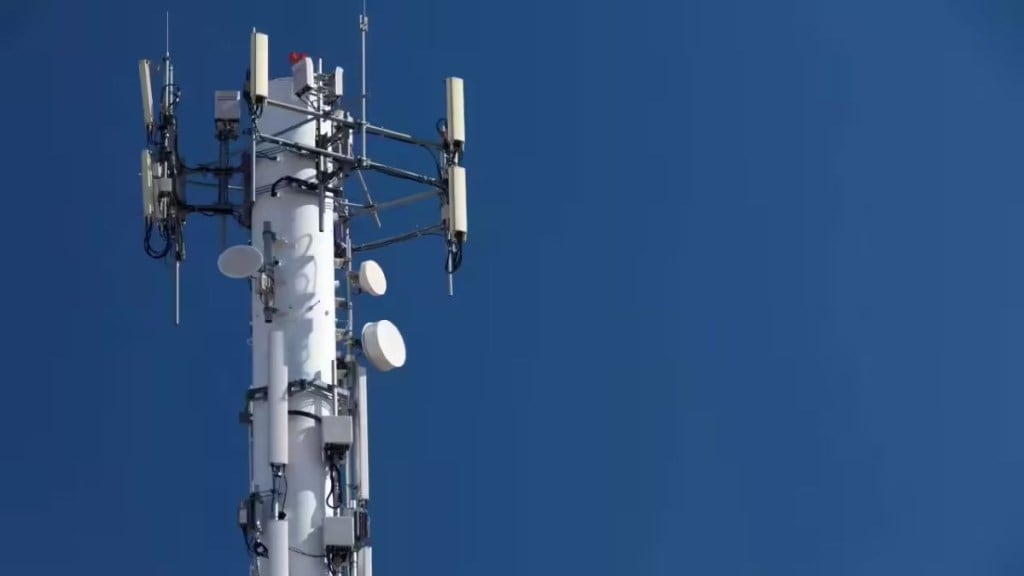The Telecom Regulatory Authority of India (Trai) on Friday released recommendations for introducing a digital radio broadcast policy for private radio broadcasters. The regulator has also proposed reserve prices for spectrum auctions in 13 major cities and a shift to simulcast operations that combine analogue and digital services.
Trai said the new system would allow each broadcaster to transmit one analogue, three digital and one data channel on a single frequency, compared with only one analogue channel at present. Reserve prices have been recommended for allocating spectrum in four metros — Delhi, Mumbai, Kolkata, and Chennai, and nine ‘A’ category cities, including Bengaluru, Hyderabad, Pune, Ahmedabad, Surat, Jaipur, Lucknow, Kanpur and, Nagpur.
Simulcast mode and financial transition for operators
The proposed reserve price is highest for Mumbai at Rs 194.08 crore, followed by Delhi at Rs 177.63 crore. Existing FM operators will be given the option to migrate to simulcast mode, while new entrants will start in digital radio services. Broadcasters choosing to migrate will need to pay the difference between the auction price and their remaining entry fee obligations.
Revenue model and regulatory safeguards
Trai has recommended that services commence within two years of auction or migration approval, with a six-month deadline for operators to exercise the migration option. On revenue, Trai suggested an annual fee of 4% of adjusted gross revenue (AGR) for broadcasters in cities and towns, and 2% for those in border and hilly regions for the first three years.
The regulator stopped short of fixing a sunset date for FM, saying it should be decided after reviewing digital adoption. It has, however, called for dedicated programme and advertising codes for terrestrial radio and capped market share at 40% of frequencies in any city. Trai said digital broadcasting would deliver superior audio quality, more choice for listeners and potential new revenue streams.
